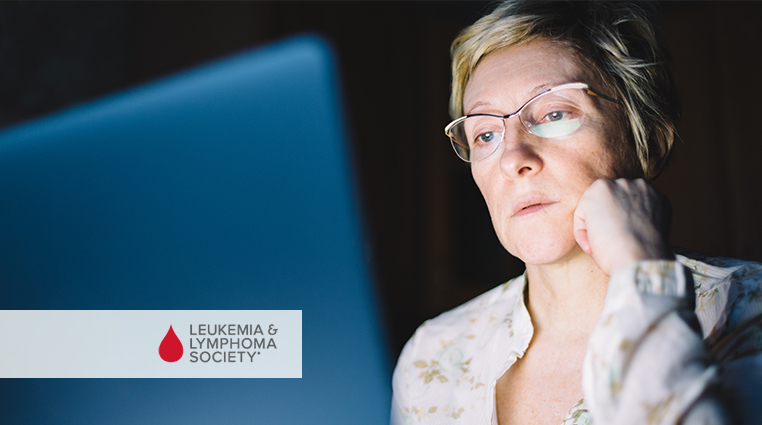Current statistics estimate that this year, of the 1,735,350 new cases of cancer that will be diagnosed in the United States, over 1.1 million people will face the challenges of continuing to live a meaningful life with cancer. While everyone has heard about the rigors of and side effects than can accompany cancer treatments such as chemotherapy and radiation therapy, and many are familiar with the complications the cancer itself can pose, with today’s survival rates managing cancer can share some similarities with managing other chronic conditions.

How can patients manage their cancer as a chronic disease?
– Know your disease. Get as much information as you can from reliable sources. If you don’t know if a source is a good one, ask your doctor. The best way you can make informed decisions is to know as much as possible.
– Speak up if your treatment feels awful. If a treatment makes you feel sick, tell your care providers. Today, there are fortunately many new treatments available that we just didn’t have a few years ago. Your doctor may be able to switch you to another medication that doesn’t make you feel so ill – and if there are no other options, there may be treatments to control your side effects.
– Keep asking questions. As a doctor, one of the hardest things I have to do is tell a patient they have cancer. It is a life-altering diagnosis, and most often not in a good way. When your doctor gives you the news, chances are your mind will go numb and you will forget any question you may have had when you walked into the exam room. Make sure there is a way to ask questions after your visit, and keep an open line of communication with your doctors and nurses as new questions come up to you.
– Be fair to yourself around new limitations. Many patients feel exhausted going through cancer treatments. Don’t feel you have to keep up with everything that you were doing before you were diagnosed. Hopefully, you will soon feel well enough to return to your usual activities. If not, find what your limitations are and explore other pastimes.
– Take care of your mind as well as your body. Many patients with cancer fall into depression. Cancer is one of the diseases that is the hardest to accept, and if you need support on these issues you are not alone. Don’t feel embarrassed to seek out mental health services to get you through.
– Accept help from others and tell them how to help you. This is a tough one. Many people will want to help you but won’t know how. Rather than pushing away their attempts to offer aid, do your best to tell them what you need (even if what you need is space or to talk about something completely unrelated to your health). You never know when the opportunity could arise one day to return the favor.
– Stay on top of your medical information. Know your medications and what to expect from each one of them. Many of these drugs can have multiple potential issues when taken with other medications – even drugs that you can purchase without a prescription can have “interactions” with something else you might be taking. Ask your doctor or pharmacist what you are allowed to take and what you should avoid. Keep copies of your records and have them available if you have to see a new doctor for any reason.
– Focus on one day at a time. You will have good and bad days but focusing too narrowly on your disease may cause the good ones may slip past you. Some people find meditation to be a useful tool for this mental exercise, and there are lots of free resources available that can help if you’re interested in learning more about that.
– Don’t despair because of averages. Medicine is not an exact science; every patient is unique. Just because a disease has a certain life expectancy on average, that doesn’t mean that is all the time you have to live. Even if you’ve been told your cancer is terminal and there are no cures left for you, the truth is that no one knows how long you will live. There are many factors that affect this. As a doctor, I have seen so many patients out-live their life expectancies, and for no obvious reason. If a doctor tells you how long he/she expects you will live, take it with a grain of salt and just go on living because it is only their “best guess”.
– Don’t think you have to “fight” your cancer. I have heard many cancer patients say they hate when others tell them to fight their cancer or when they are told they will win over it. Most patients want to live, but the cancer will do what it will and applying extra pressure to yourself can be a burden. Don’t feel you have done anything wrong because you are not “winning” – just keep on doing what you are supposed to do to live fully and take care of yourself.
To learn more about managing cancer as a chronic condition, check out this information from the American Cancer Society and the educational programs on CancerCoachLive.
About the Author
Linda Girgis MD, FAAFP is a family physician practicing in South River, New Jersey. She was voted one of the top 5 healthcare bloggers in 2016. Follow her on twitter @DrLindaMD.



